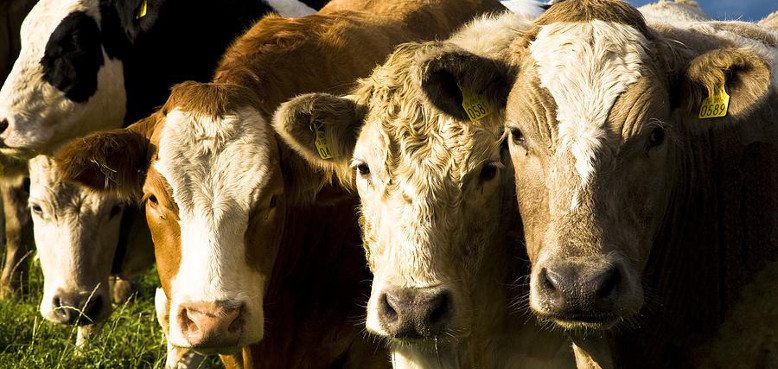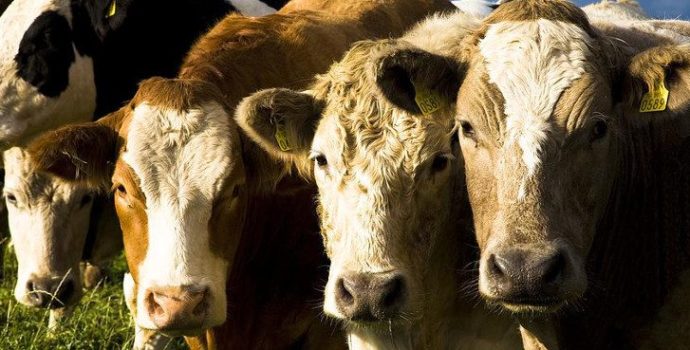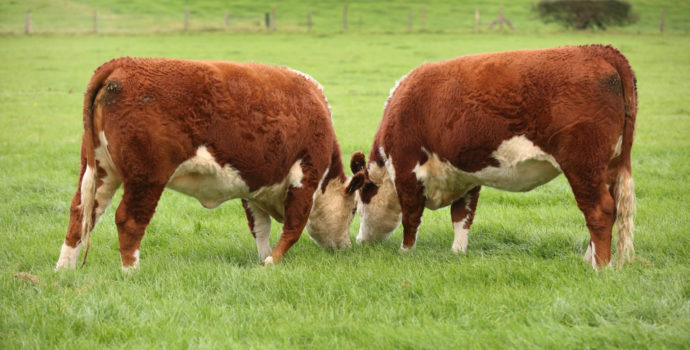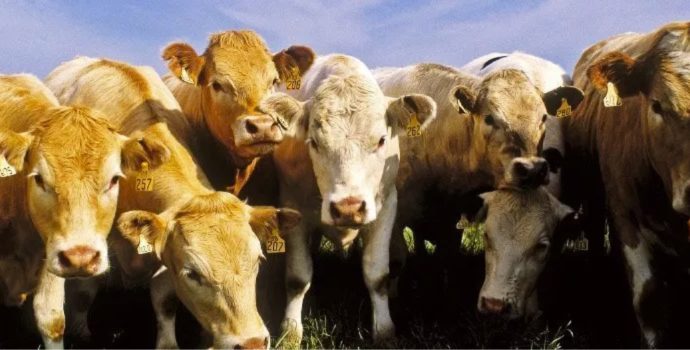
IFA National Livestock Chairman Brendan Golden said a combination of tight supplies and strong supermarket demand is driving the beef trade.
Brendan Golden said prices in the UK increased by the equivalent of 4c/kg in the run in to Christmas.
“Supermarket sales of beef throughout the COVID-19 restrictions have performed well, with strong volume and price increases recorded for 2020, a situation that is likely to continue,” he said.
Last year’s kill came in at over 60,000 head more than the 2019 levels, when predictions were for a reduction of in the region of 50,000 head. This earlier movement of animals in 2020 is likely to have a significant impact on numbers of slaughter fit cattle in the coming weeks and months.
He said prices for steers have moved to a base of €3.75/kg with heifers selling off a base of €3.80/kg.
Brendan Golden reminded farmers the increase to 5.6% in the flat rate vat is the equivalent of almost 1c/kg on beef price at current levels.
Cow prices have also strengthened and are ranging from €2.90/kg to €3.40/kg with deals being done for select lots of younger and better-quality cows. The young bull trade has also moved on with R/U grading bulls making €3.70 to €3.80/kg.
Brendan Golden said market conditions are strong in our main export market and with the worst-case scenario for Brexit avoided. This market must be built on and any trade distortions from logistical access issues cannot find their way back to farmers.
The IFA Livestock Chairman said despite beef prices improving, they continue to fall well short of breakeven levels.
“To address this, the approach must include strong recognition of beef and suckler farming in the new CAP and the removal of beef from the EU market that does not meet the production standards on Irish and EU farms,” he said.
Brendan Golden said the double standards applied by the EU cannot be allowed continue. The Mercosur deal must be rejected and the current access allowed for South American beef that does not meet our environmental welfare production standards must be removed from the market place.



